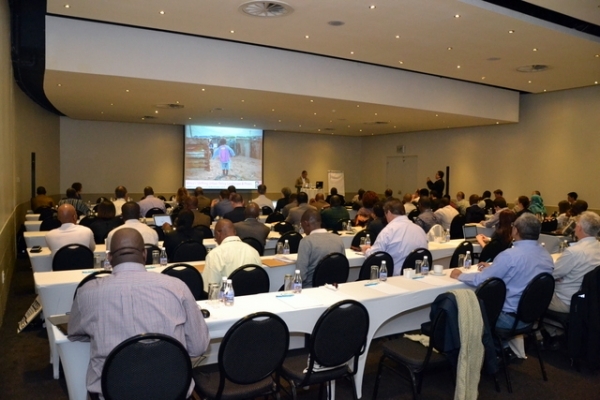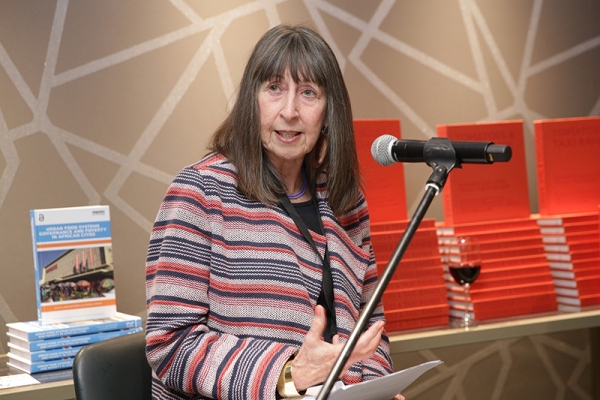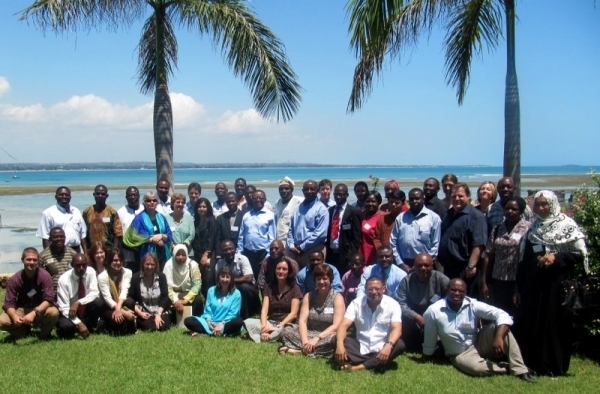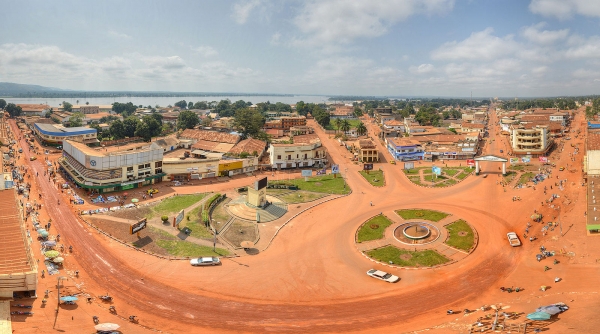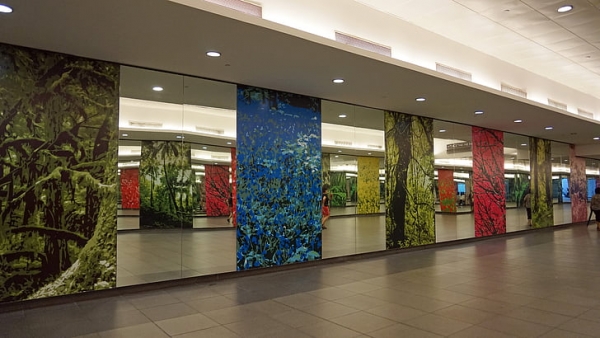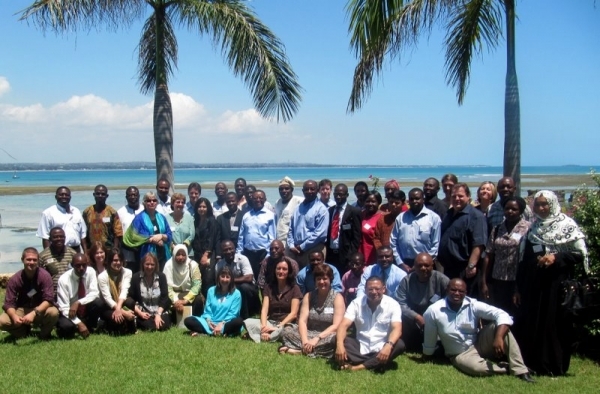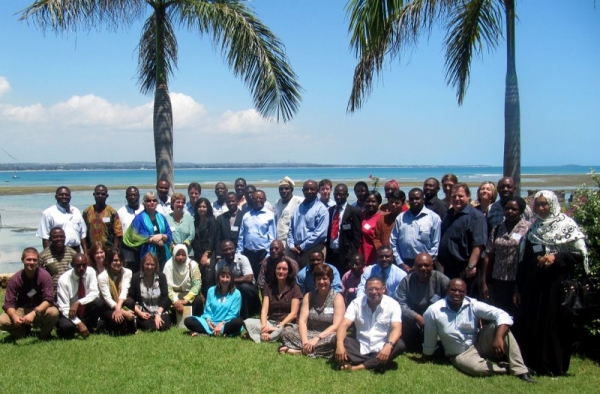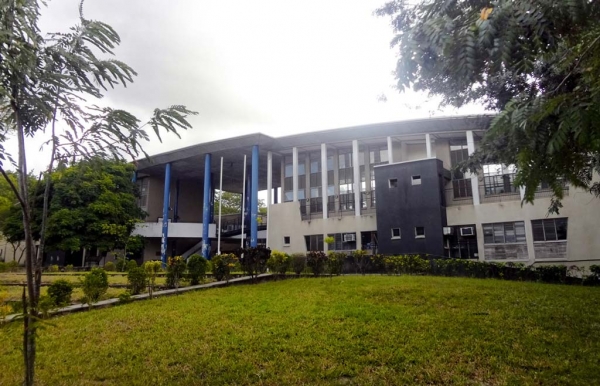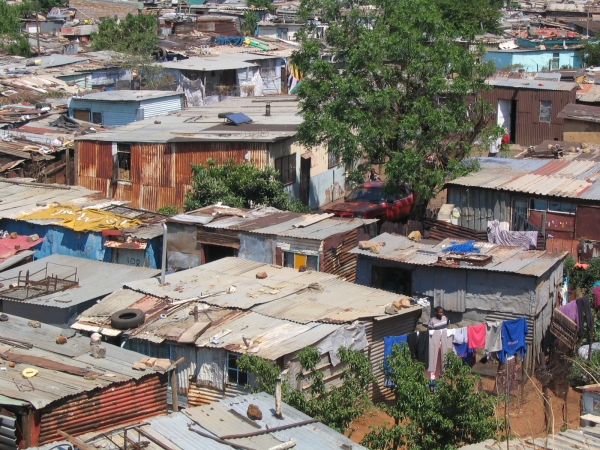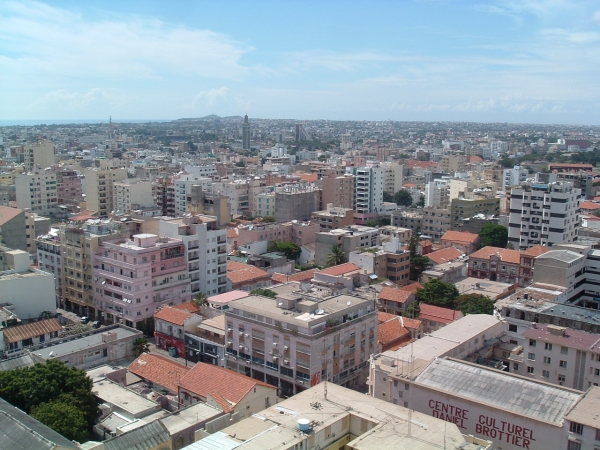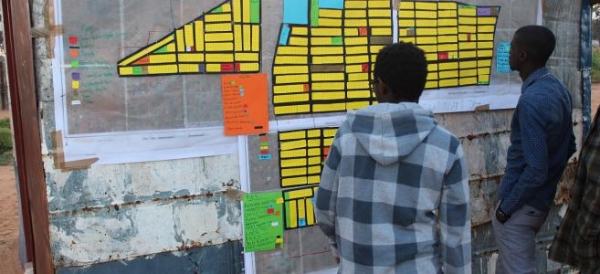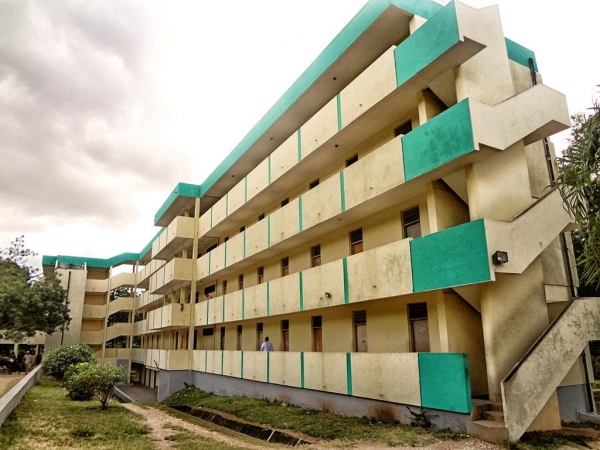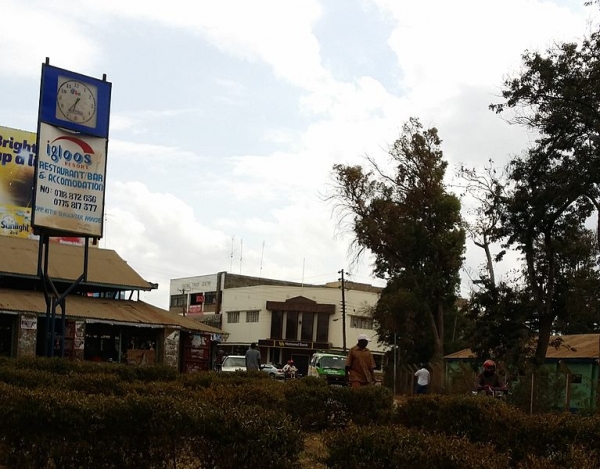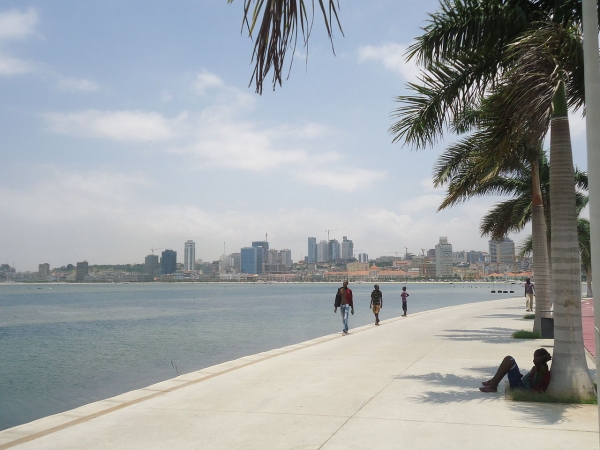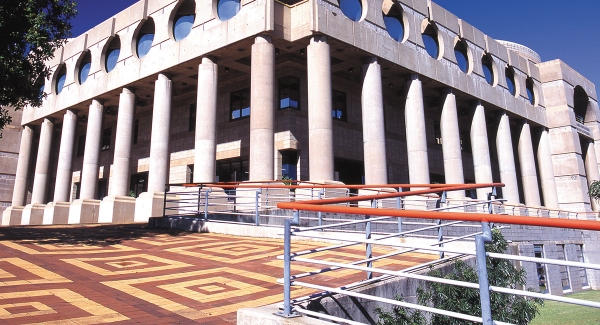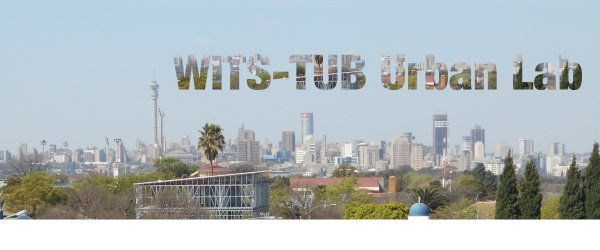From Monday 17 to Wednesday 19 November, the Association of African Planning Schools (AAPS) hosted its fourth biennial conference in Cape Town (South Africa).
The conference, which drew in representatives of 42 African planning schools and over 20 other institutions from around the world, was generously supported by the Rockefeller Foundation and Lincoln Institute of Land Policy. This was the first time that an AAPS conference was open to wider attendance from both African and international institutions working on topics of planning in the global South.
Themed ‘African urban planning and the global South: pedagogy, research, practice’, the conference sought to explore the central issues and problems of African urbanization and how planning curricula can potentially respond to these. The emphasis was on the position of Africa in relation to the wider context of urbanization in the global South.
The conference featured keynote presentations from a number of international experts on cities and urbanization in Africa and the global South, including Oren Yiftachel (Ben-Gurion University), Edgar Pieterse (African Centre for Cities) and Colin McFarlane (Durham University).
On the first morning of the conference Yiftachel spoke about the need to theorise from the particular context and perspectives of urban areas in the ‘global South-East’. He argued that theorising from the South-East should be undertaken as a critique of how power how shapes planning knowledge, calling for more critical and engaged urban scholarship and ‘counter-planning’ efforts.
Pieterse’s presentation focused on the broad structural trends of urbanization in Africa in relation to the shifting urban policy landscape, emphasising the current opportunity to contribute to the urban SDG and Habitat III processes. He reflected on the need for an alternative frame for understanding and responding to African urban development, and the implications of this frame for planning education.
Lastly, McFarlane talked about the politics of urban learning, particularly around sanitation practices in contemporary Mumbai, India. He highlighted how learning practices are at the heart of how people politicise sanitation practices across the domains of civil society, political society and subaltern struggle, and the implications for how we learn and can help others to learn in their everyday attempts to consolidate themselves in the city.
Other than the keynote addresses, the conference featured excellent presentations and papers on topics ranging from judicial governance and evictions in Delhi (by Gautam Bhan, Indian Institute for Human Settlements), to informal land markets in Latin America (by Edesio Fernandes, Lincoln Institute of Land Policy), to the challenges of establishing a new planning education programme in Zambia (by Gilbert Siame, University of Zambia).
One of the key issues emerging from the conference was the notion of ‘universality’ and how we should think about it in relation to planning education and practice. Can we accept universal notions of how planners should be trained and how they should act in practice? Does universality as a principle blind us to the existence of difference between and within our cities? Are there universal ethical principles to guide planning practice and education, or do we have to think differently about our values when working in Africa and the global South?
Other key issues raised in presentations and discussion included the importance of land markets and governance in African urban planning, the recent proliferation of ‘urban fantasy’ plans across much of Africa, as well as how planning education should attempt to respond to various ‘uncomfortable practices’ (such as anti-informality punitive measures and evictions).
The conference also saw Peter Ngau (University of Nairobi) assume office as chair of the AAPS Steering Committee, taking over from Babatunde Agbola (University of Ibadan) who served AAPS admirably over the past two years.
The central issue facing the future of AAPS is financial, as the last phase of funded AAPS projects has come to an end. However, there remain a number of opportunities for AAPS schools to raise funding for conducting further joint work and collaboration. In the meantime, AAPS members face the imperative of helping to refine the new African urban agenda to guide development efforts in the post-2015 era.
The AAPS secretariat would like to thank Heidi Tait (University of Cape Town) for her work in organizing flights, accommodation, venues, and all other logistics for the conference.

